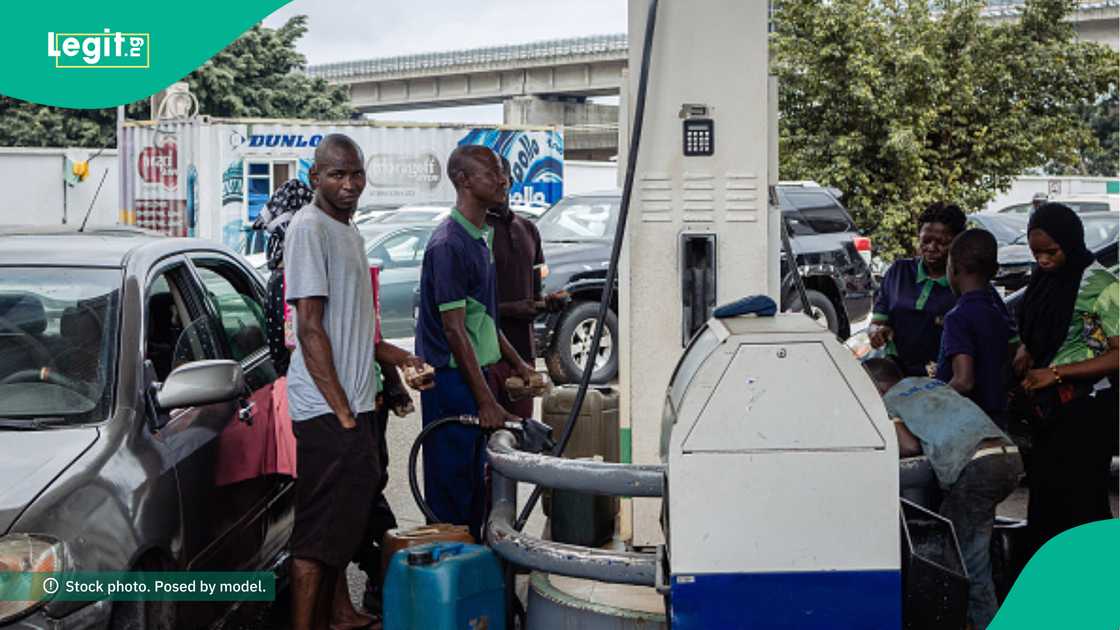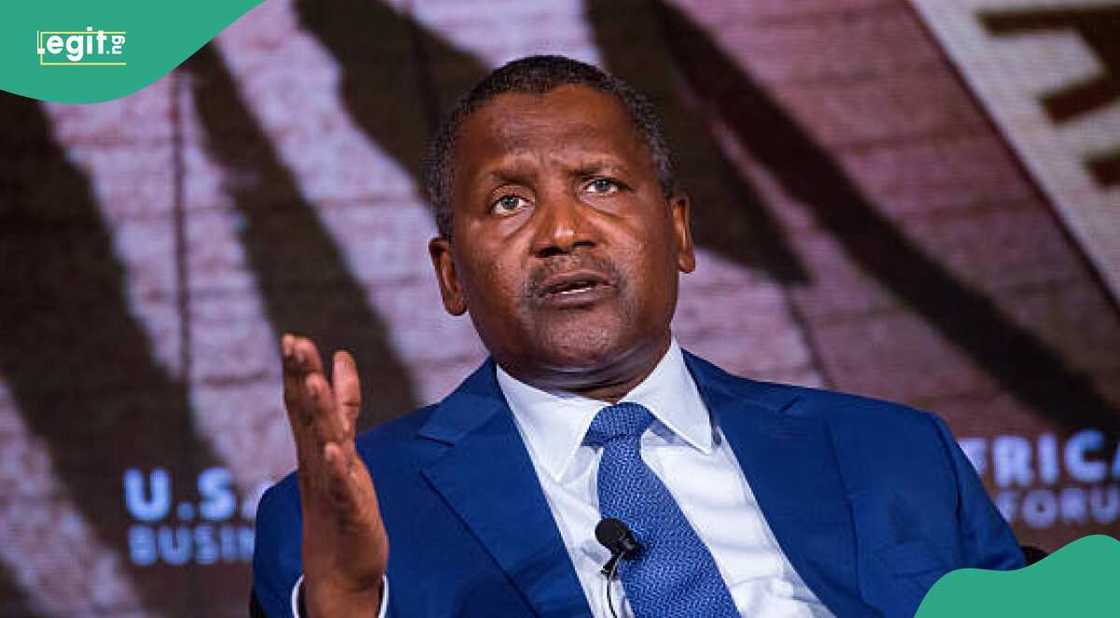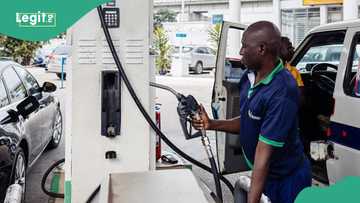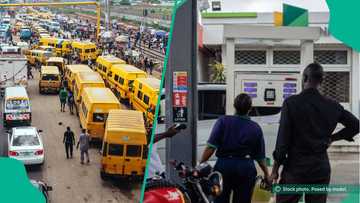Oil Marketers Disagree on Petrol Pricing Proposal as NNPC, Dangote Reduce Fuel Prices
- Independent oil marketers have rejected PETROAN’s proposal to fix fuel price reviews every six months
- The marketers argued that the proposal contradicts the Petroleum Industry Act and the principles of deregulation
- IPMAN wants fuel prices to reflect crude oil prices and exchange rates, and that competition will eventually lead to fair pricing for consumers
Legit.ng journalist Dave Ibemere has over a decade of business journalism experience with in-depth knowledge of the Nigerian economy, stocks, and general market trends.
The Independent Petroleum Marketers Association of Nigeria (IPMAN) has opposed a proposal by the Petroleum Products Retail Outlet Owners Association of Nigeria (PETROAN) calling for fixed reviews of fuel prices every six months.

Source: Getty Images
IPMAN argues that such a regulation would contradict the principles of the Petroleum Industry Act, which advocates for a deregulated market where market forces determine prices.
Legit.ng previously reported that PETROAN criticised the continuous reduction in fuel prices by the Dangote refinery and also Nigerian National Petroleum Company Limited it is affecting their businesses.
They argued that unpredictable market conditions resulting from frequent price adjustments discourage sustained investment and pose risks to business stability.
The marketers proposed regulatory measures to keep fuel prices for a minimum of six months to mitigate losses and foster investment certainty in the sector, Punch reports.
IPMAN disagrees with PETROAN
In reaction to the PETROAN proposal the National Vice President of IPMAN, Hammed Fashola said that fuel prices are primarily influenced by global crude oil prices and exchange rates, both of which are subject to fluctuations beyond local control.
He dismissed the proposal of enforcing fixed prices amidst volatile economic conditions, asserting that deregulation promotes healthy competition and market efficiency.
His words:
"Deregulation fosters competition. It ensures fair market access for importers and refiners alike, thereby offering consumers competitive fuel prices while discouraging monopolistic practices."
Speaking on the importation, Fashola clarified that importers operate independently of government funding and should not be restricted from importing fuel.
He highlighted the benefits of a diversified market where locally refined products can compete favourably with imported fuel, ultimately benefiting consumers with lower prices.

Source: Getty Images
NNPC, Dangote reduce fuel prices
The debate on the petrol pricing structure follows the decision by the Dangote Refinery and NNPC Limited to adjust prices.
On Thursday, March 13, 2025, the Dangote Refinery quietly lowered the PMS price at its loading gantry.
The giant refinery reduced petrol prices from N825 per litre to N815, while retail prices at partnered stations in Lagos to N860 per litre.
A few days later, NNPC Limited also adjusted its petrol pump prices at its retail outlets.
This price war was frowned upon by oil marketers under the aegis of PETROAN.
Dangote shares economic benefits of refinery
In a previous report by Legit.ng, the Dangote Group provided insights into the benefits of petroleum refining for Nigeria's economic growth
In a message shared on X, the conglomerate said that the refinery played an important role in the economic development of Nigeria.
Some of the benefits highlighted include energy security, local job creation, and reduced dependence on imported fuel, while also lowering petrol prices in Nigeria.
PAY ATTENTION: Сheck out news that is picked exactly for YOU ➡️ find the “Recommended for you” block on the home page and enjoy!
Proofreading by Kola Muhammed, copy editor at Legit.ng.
Source: Legit.ng

Dave Ibemere (Senior Business Editor) Dave Ibemere is a senior business editor at Legit.ng. He is a financial journalist with over a decade of experience in print and online media. He also holds a Master's degree from the University of Lagos. He is a member of the African Academy for Open-Source Investigation (AAOSI), the Nigerian Institute of Public Relations and other media think tank groups. He previously worked with The Guardian, BusinessDay, and headed the business desk at Ripples Nigeria. Email: dave.ibemere@corp.legit.ng.

Kola Muhammed (Copyeditor) Kola Muhammed is an experienced editor and content strategist who has overseen content and public relations strategies for some of the biggest (media) brands in Sub-Saharan Africa. He has over 10 years of experience in writing and (copy)editing.




